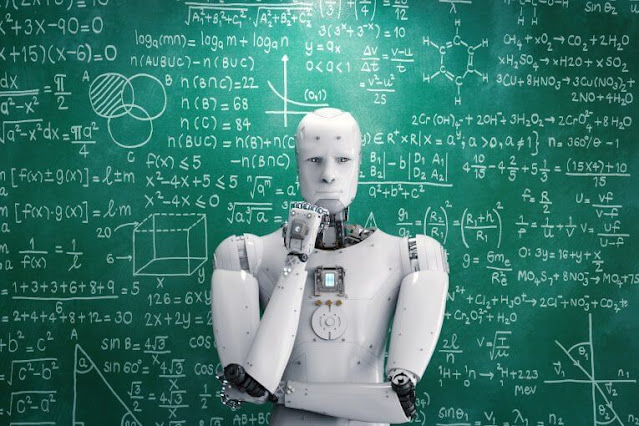Robots are coming for Private Higher Ed

Robots are coming for private higher ed. It is usual to toast the rapid automation of work at investor conferences, in the hope that this would break the State monopolies on higher ed and usher in a new era of education innovation. What's left unspoken is that the public higher ed will eventually die, underfunded and unloved, under the sheer weight of its bureaucracy. However, the collateral damage in this brave new world may not be public universities, the better of which are far better equipped to handle the coming of the Robots, but the private higher education that has grown rapidly worldwide over the last twenty years. Indeed, the same investors have billions of dollars at stake in private higher ed and wouldn't be pleased if the first casualty of the very disruption they celebrate costs them a bomb. But this seems likely for two reasons. First, the impact of automation will be most felt in the jobs that involve narrow specialisations and process-based jobs, exactly the...

